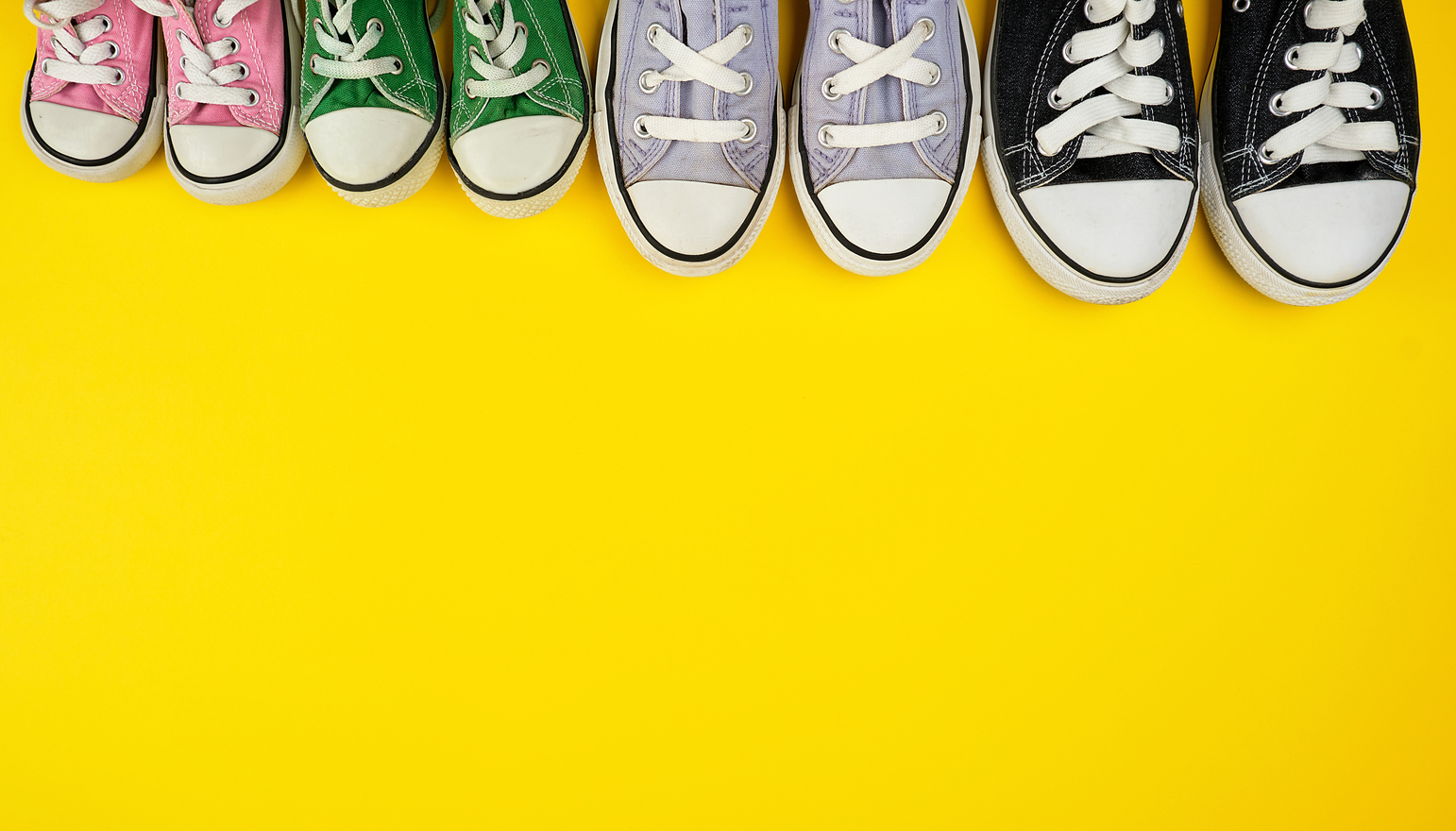
One Size Doesn’t Fit All: An Enlightening Take on Education
The Age of Enlightenment transformed how humans in the entire Western world and, eventually, around the globe approached the world and each other.
It was a relatively brief period (1685-1815, approximately) on the timeline of human beings’ existence. It could be argued that the roughly 130 years we call the Enlightenment period is just a flash in time. However, many of the norms and beliefs that were the bedrock of human existence since we walked out of the caves were undone during this ever-so-short but influential movement.
Leading with Rationalism
The Enlightenment was fueled by the concepts of reason, the scientific method and progress. Put simply, it was about rationalism over superstition, starting with the hypothesis first and then seeking a
conclusion — not the other way around. It also involved a general philosophy that human beings should look forward instead of trying to cling to the past, especially when that past is one of ignorance and
assumption.
There were great strides made in political philosophy that led to the American and later French Revolutions, respectively. The concepts that an individual should be able to think for him or herself, and that government should be representative and not totalitarian were epiphanies at the time. The scientific theory established our placement among the heavenly bodies of the universe and established a method to gather evidence, giving us the power to explain the things around us and not just trust what we were
told. And, of course, we assessed how education itself should be approached.
Transforming Education
Education had always been a very formal process of those who had knowledge regurgitating it to those who wanted it. From Aristotle to the professors at Cambridge and Harvard 2 millennia later, there was
no concern or even consideration that the students might be different, might learn differently and therefore, might need to be taught differently. If one could not keep up while attempting to learn any of the disciplines, they were viewed as missing the innate ability to learn.
The nature of education was elitist and inherently exclusionary until the 18th century. For example, if someone had the ability to learn law or medicine through large-scale lectures (in halls that sat hundreds)
and had no need for differentiation of instructional methods or approach, then it was deemed they should be lawyers and doctors. However, if your mind did not work like that, then no amount of passion or tenacity would gain you entrance into any of the pursuits for which a “formal” education would be necessary. (And, of course, there was the barrier of social stratification, but that is a different issue and
equally complex.)
Embracing Diverse Learners
The Enlightenment philosophy ran counter to this one-size-fits-all approach to education. One of the most pronounced examples of this is Jean Jacque Rousseau’s work on the subject, “Emile.” It focused on the education of individuals during their development from childhood into rational adulthood. Some broad concepts from works like “Emile” were the catalyst for a shift that eventually led to special education as a concept.
“Emile” celebrates the concept of experiential learning over direct instruction or literature on a topic. It argues that human beings all learn at different paces and do not all possess the same skills or innate
understandings. This being the case, how one learns in terms of the approach and method of instruction is the difference between one’s ability or lack thereof to learn, grow, and become rational. This “everyone can learn” concept was being promoted in a book published in 1762, but it is still not embraced by all.
I wonder what Rousseau could contribute to the modern educational discourse. Quite a bit, I think.
References
“Jean-Jacques Rousseau on Emile’s Education.” New Learning Online,
newlearningonline.com/new-learning/chapter-2/supporting-material-1/jean-jacques-rousseau-on-emiles-education.
Rousseau, Jean-Jacques. Emile. Createspace Independent Publishing, 2015.
